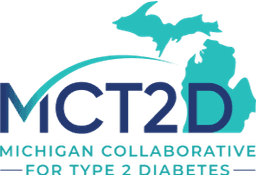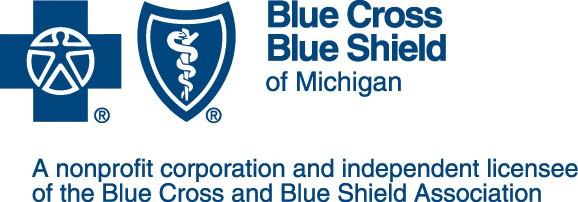NEWS & EVENTS
SPECIALTY CARE

Nutrition counsellors’ recommended eating patterns for individuals with type 2 diabetes in the USA
Updated: 04/22/24
Citation
Khosrovaneh K, Hisamatsu R, Reiss J et al. Nutrition counsellors’ recommended eating patterns for individuals with type 2 diabetes in the USA. BMJ Nutrition, Prevention & Health 2024;e000845. doi: 10.1136/bmjnph-2023-000845. https://nutrition.bmj.com/content/early/2024/03/04/bmjnph-2023-000845
Abstract
Introduction Multiple eating patterns can promote glycaemic control and weight loss among patients with type 2 diabetes mellitus (T2D). Clinical practice guidelines for T2D management encourage health professionals to guide patients’ selection of a patient-centred eating pattern. This study aims to characterise beliefs about and recommendations for and against practice guideline-concordant eating patterns among registered dietitians (RDs) and other healthcare professionals who provide nutrition counselling to patients with T2D.
Methods This was a cross-sectional online survey. We invited 82 RDs affiliated with an academic health system in the midwestern USA to participate. We also invited health professionals who provide nutrition counselling to patients with T2D and are affiliated with 264 primary care practices within the Michigan Collaborative for Type 2 Diabetes. Participants were asked to select the eating pattern(s) that they commonly recommend or avoid for patients with T2D and why.
Results Survey respondents (n=81) most commonly recommend low-carbohydrate (77.8%); Mediterranean-style (52.8%) and energy-modified/calorie-restricted (36.1%) eating patterns. Survey respondents most commonly recommend avoiding very low-carbohydrate (51.0%) and very low-calorie (49.0%) eating patterns. Respondents who did not recommend very low-carbohydrate were most concerned about the eating pattern being too restrictive (93.0%).
Conclusions Survey respondents recommend a range of guideline-adherent eating patterns to patients with T2D but tend to recommend against very low-carbohydrate and very low-calorie eating patterns. Additional strategies are needed to increase patient-centred use of these evidence-based options in clinical practice settings.


